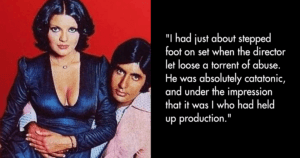In today’s world, our society may call itself ‘advanced’, but women’s safety still continues to be at an all-time low. And yet, every time a new case of crime against women comes to light, there is a section of society that is quick to blame the victim. Even in the case of a crime as heinous as rape.
The short film Devi is a chilling but much-needed reminder that a victim of rape is, under no circumstances, at fault.
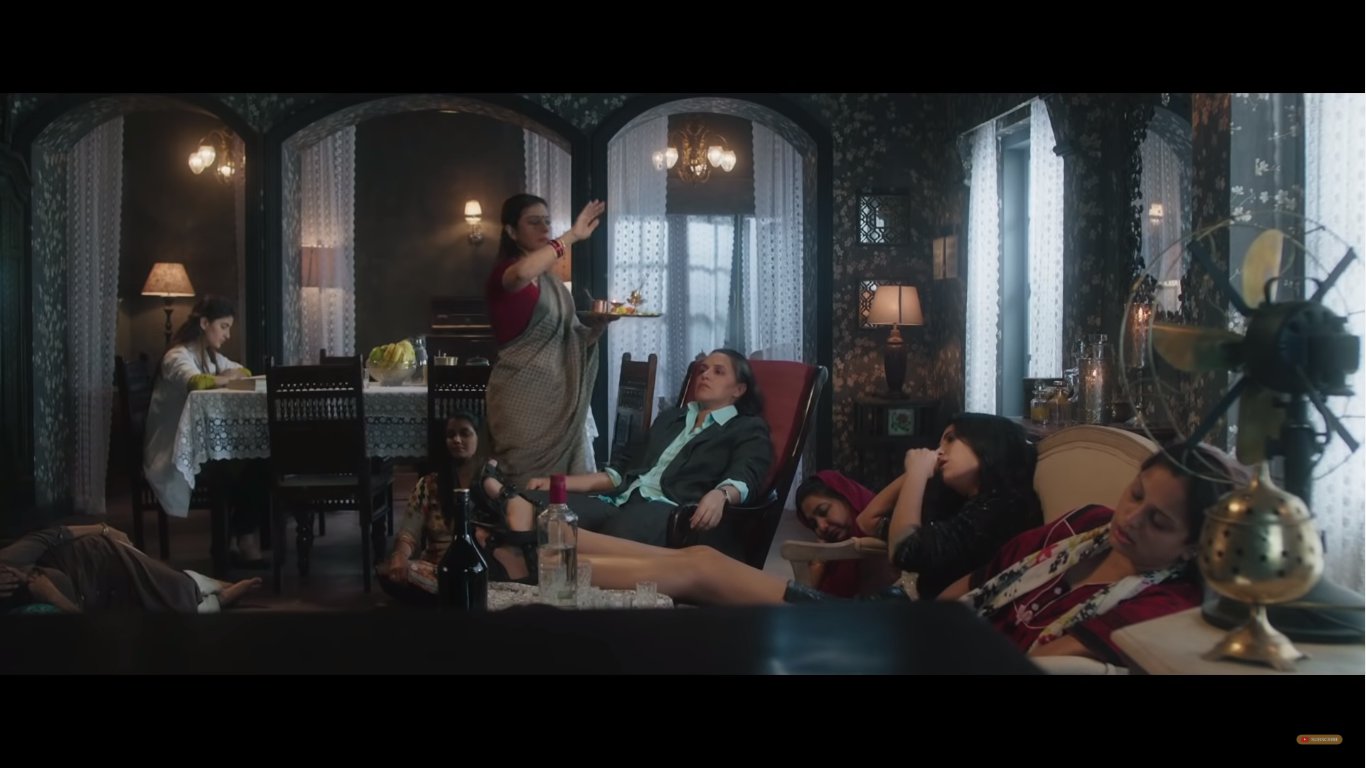
Disclaimer: Spoilers Ahead.
Devi brings together a powerful, all-female starcast, that includes Kajol, Shruti Haasan, Neha Dhupia, Neena Kulkarni, Yashaswi Dayama, and Shivani Raghuvanshi.
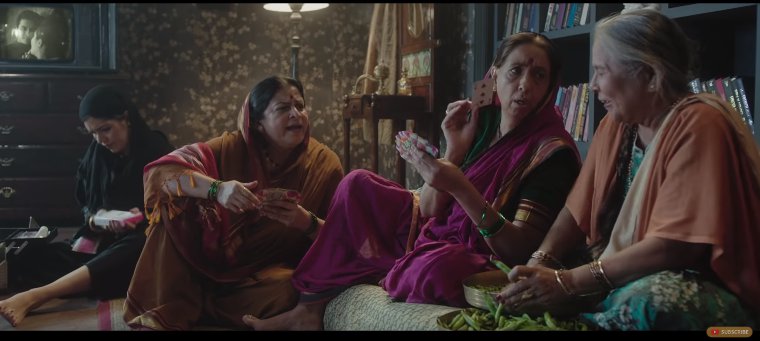
Set in a quaint little room, the story begins with a group of women of various age groups, interacting with each other and going about their lives. The women belong to different socio-economic and religious backgrounds, are occupied with varied activities, and exhibit starkly different emotions.
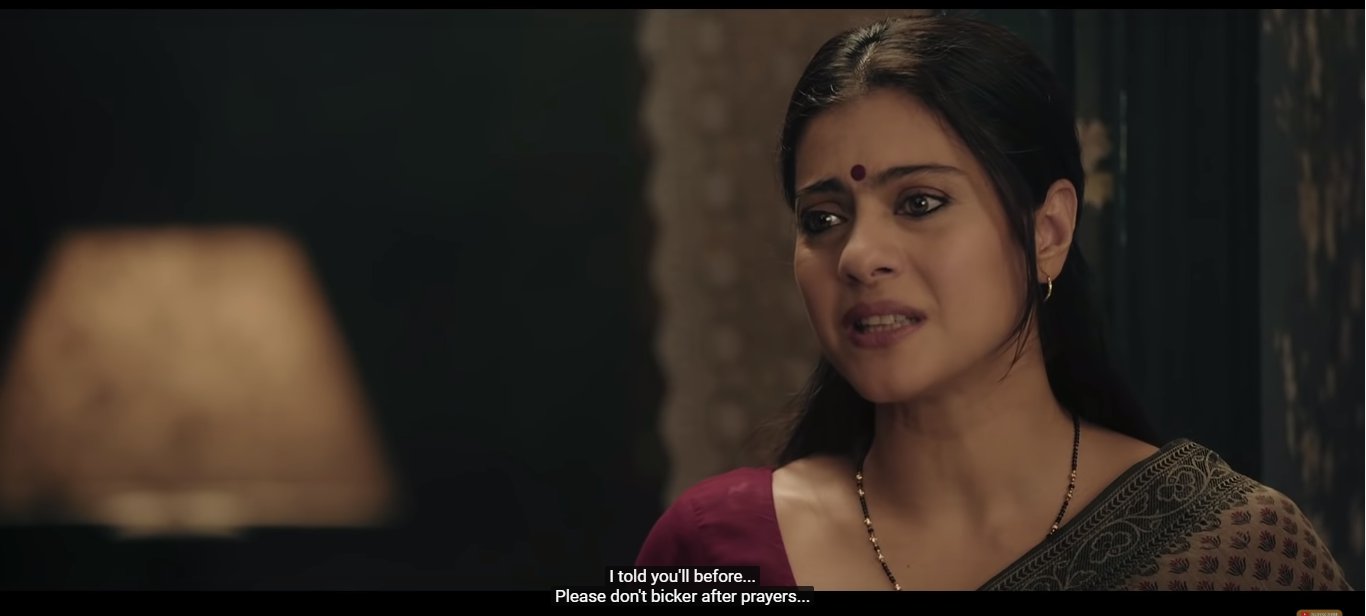

The only thing common in the group is their gender. Or so we believe, until someone rings the bell, requesting access to the room. It is at this time that the audience realizes that each woman in the room is actually a victim of rape – that’s the other ‘fact’ common in them.
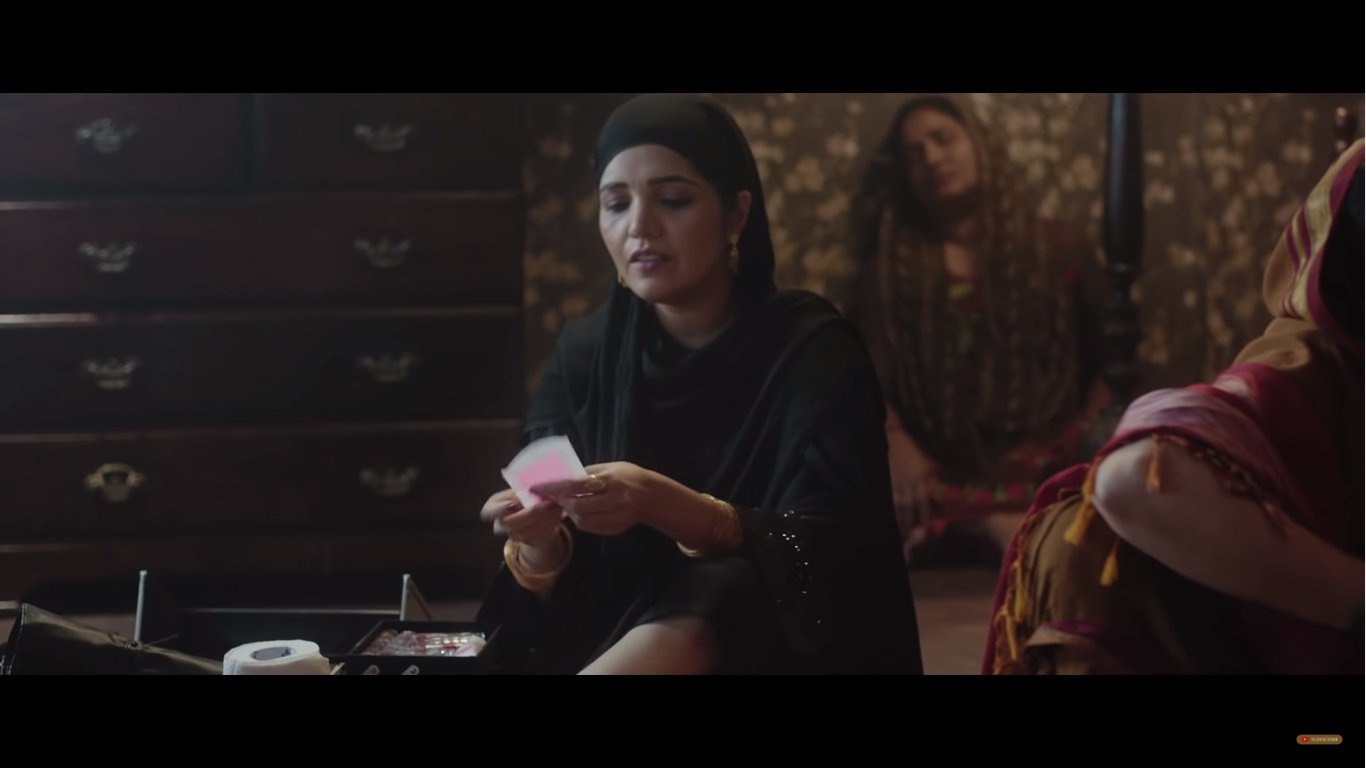
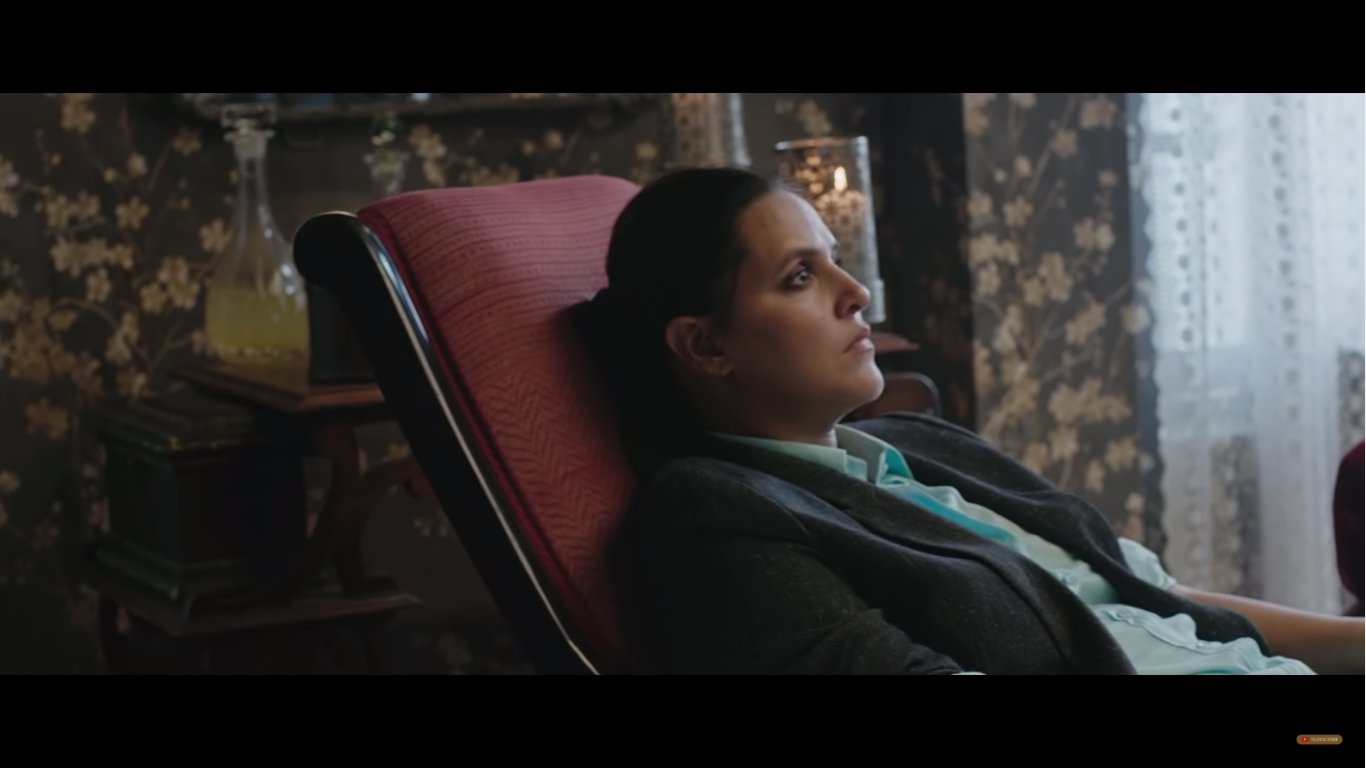
All women have been sexually assaulted, and their chilling discussion is focused on whether they should allow another victim to join them – because there are already far too many women cramped in a small room.

However, as they try to come up with ‘reasons’ for who should be allowed to stay in the room, the audience is made to realize the absurdity of the reasons that people use to ‘defend’ rape.
As each woman recounts her horror, it is made clear that rape is committed by known relatives and random strangers. It is committed by old and young men. It is committed, irrespective of what a woman was wearing, what she was doing, or how she responded to the situation.
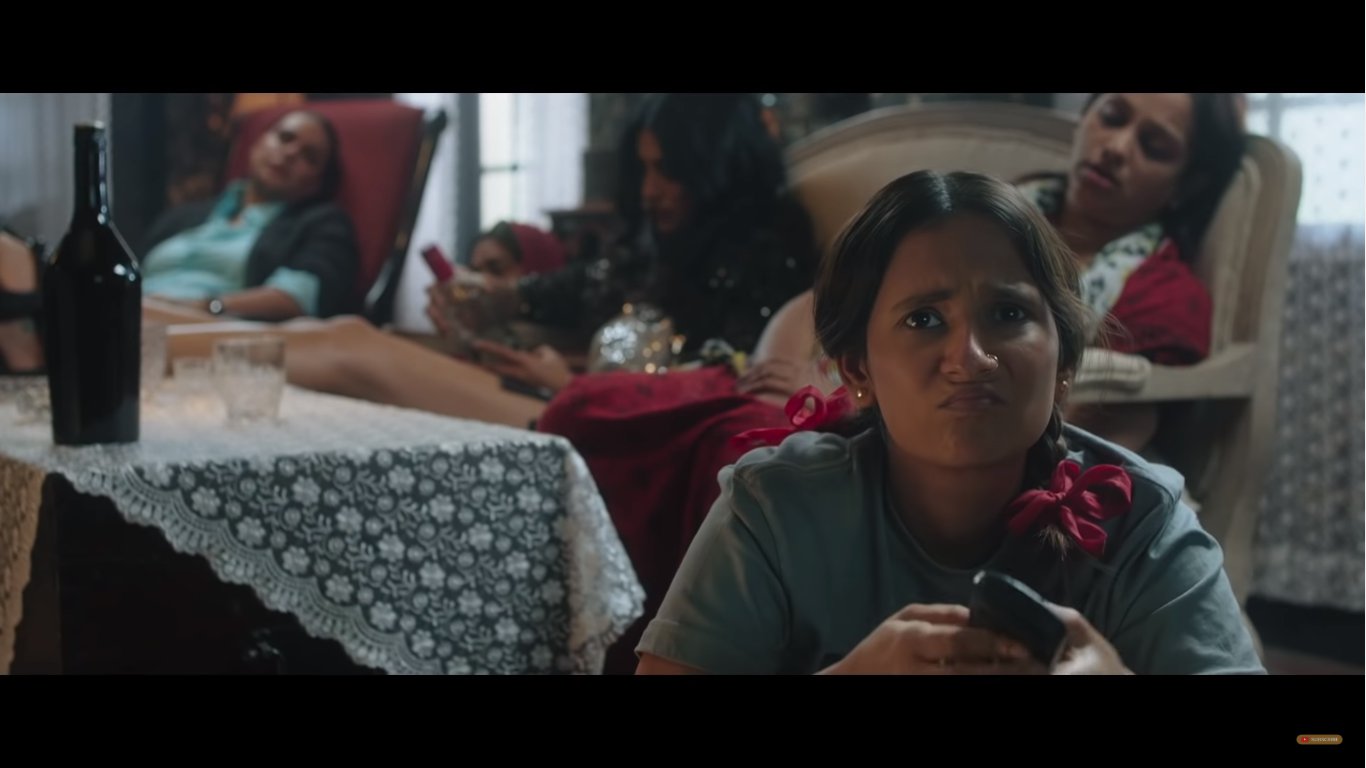
And the aftermath of rape–whether it is further physical harm, death at the hands of the rapist, or prolonged mental trauma–may be different for every woman, but there is no denying its existence. It is at this point that the audience realizes that the group is made up of those women who lost their lives to rape.
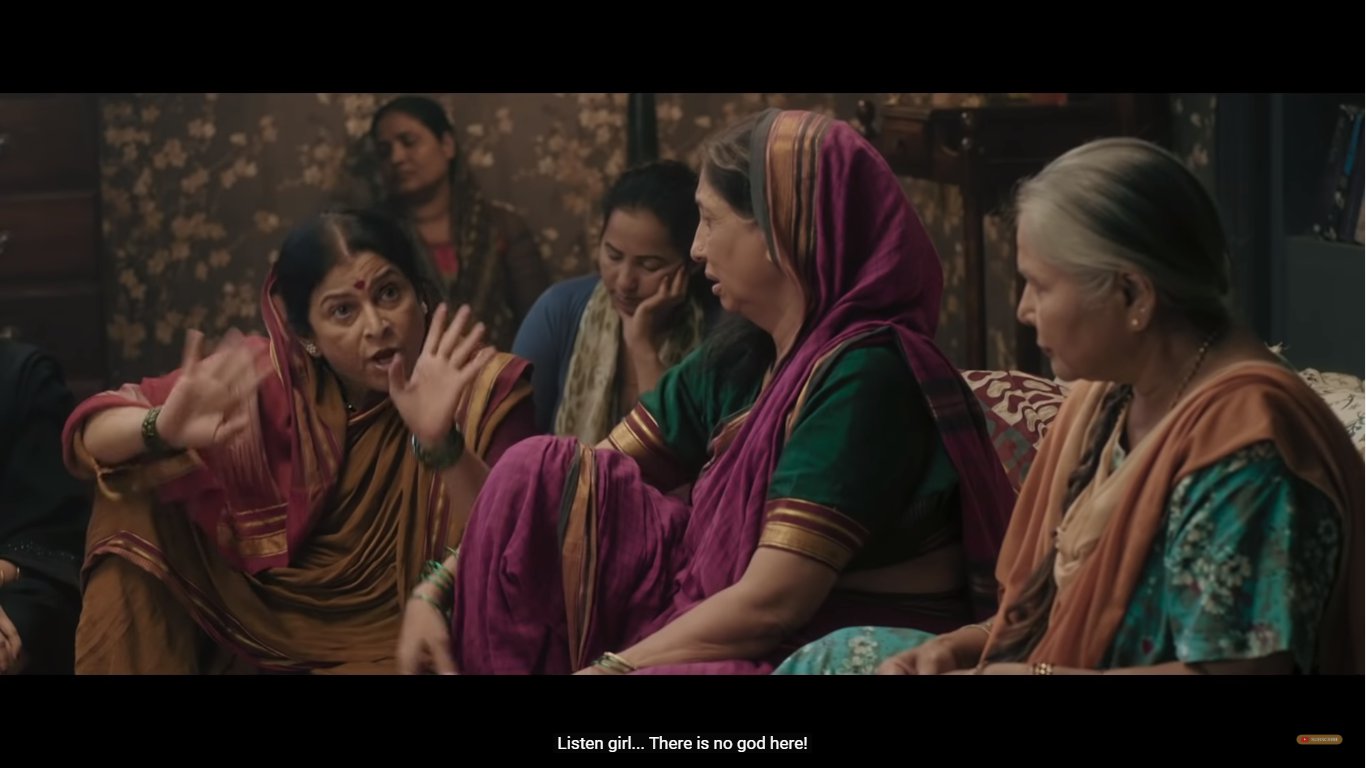
However, it’s the end of the film that leaves you truly shocked. Because the latest victim to join the group is a young girl, not even old enough to be in her teens. Her entry raises goosebumps and leaves you shocked to your core, because of how close it is to the truth.
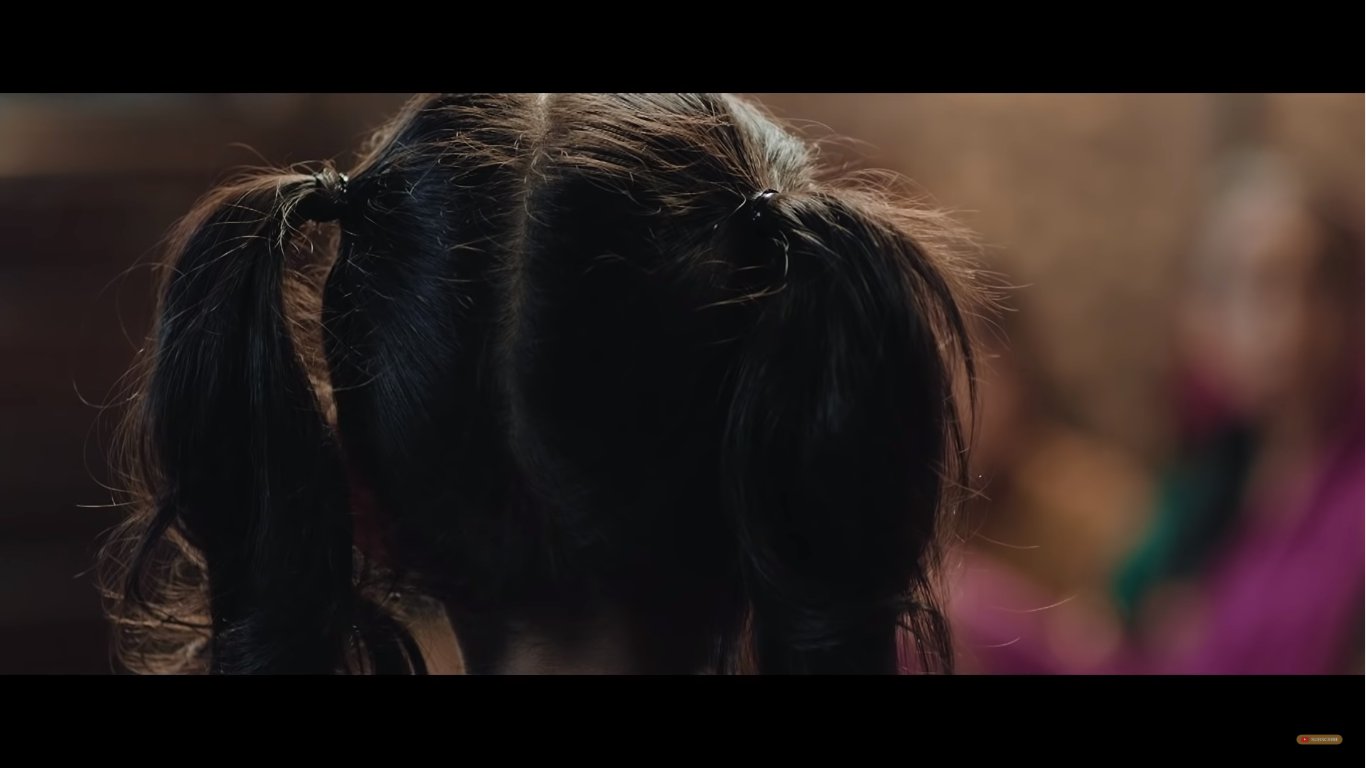
After all, in this day and age, women of all ages, including young toddlers, have been the victims of rape. As the other victims offer her a warm embrace, the film ends by stating rape facts from India. The irony it points out is crystal clear – India is a country where Goddesses are worshipped but women are treated with abject cruelty.
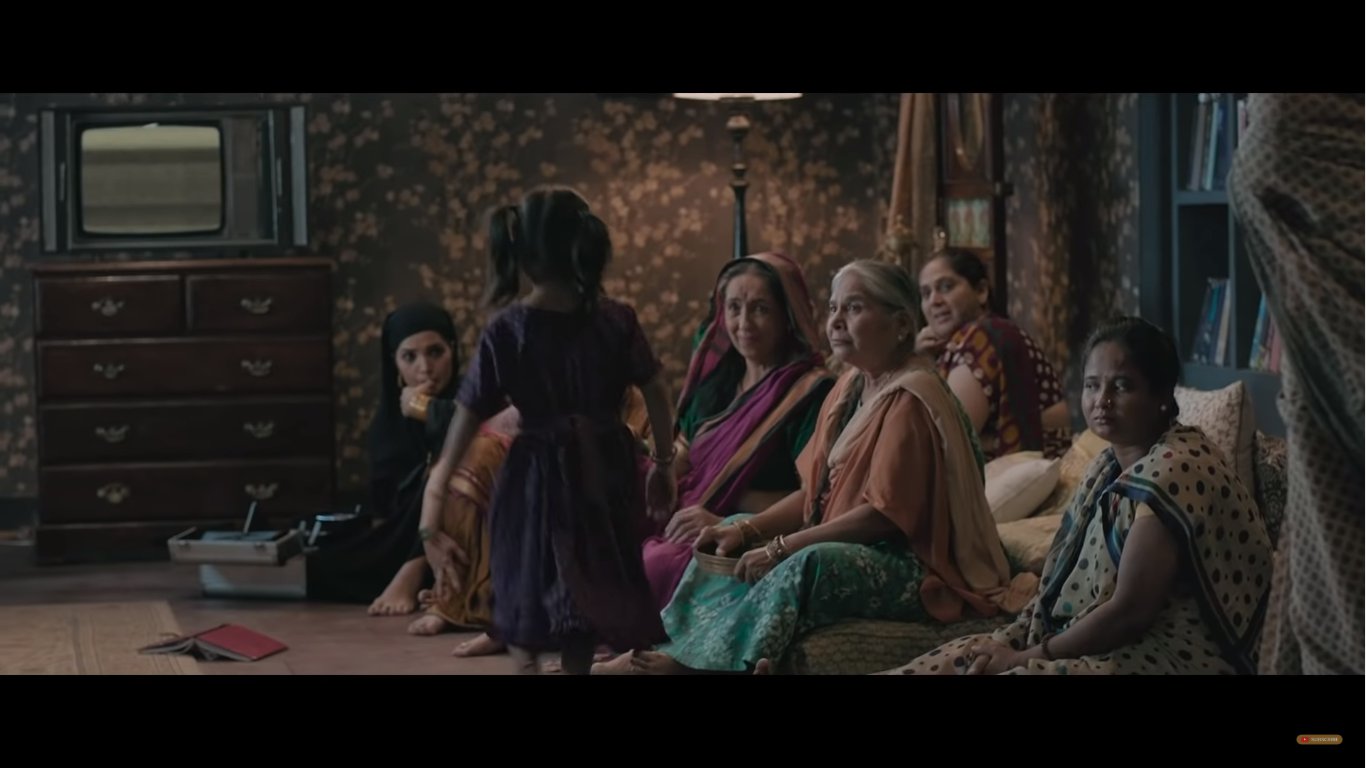
The film, which is only thirteen minutes long, does not offer a social message but rather, points out the horrifying reality of rape in India. And in doing so, it makes one thing absolutely clear – the only person responsible for rape is the rapist.
You can watch the film here:
All images are screenshots from the film.






